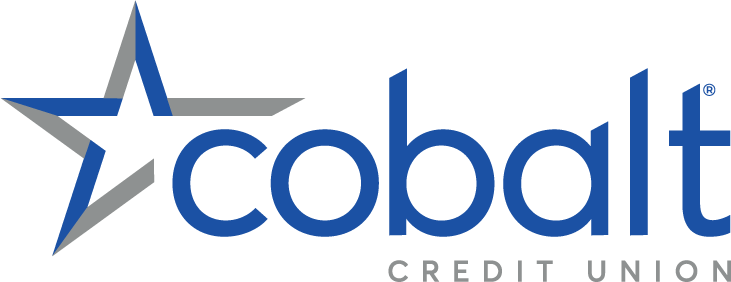Finding the right amount of funds at the right time can be tricky for any small business. You never know when the business will need a quick injection of cash to grow, pay bills, or get through a slow sales season. The most common funding options offered by lenders, like credit unions, are term loans, Small Business Administration loans, business lines of credit, equipment loans, and microloans.
Term loan
Also called an installment loan, a term loan is a lump sum of cash given upfront that the business will repay, with interest, over a predetermined period. Terms usually last one to five years and cash amounts can be anywhere from $25,000 to $500, 0000. Interest rates will vary by lender, as will any additional fees. Terms loans from online lenders can have higher costs than those from traditional lenders, like credit unions.
The application and turnaround can be quick—as fast as a day or two for approval and dispensing of funds—however, the loan may require collateral, assets that the lender can sell if the business defaults on the loan.
Term loans are good for businesses looking to expand but need extra cash to do so. Borrowers with strong credit and a solid business history on the books will get the best interest rates on these loans.
Small Business Administration loan
The Small Business Administration (SBA) guarantees these long-term loans, so they can be given with very low interest rates. SBA loans are originated by traditional lenders, but the SBA promises to pay back a large portion—75 to 80 percent—of the loan to the lender if the business defaults on the loan. This makes these loans less of a risk for lenders and so they can offer lower interest rates.
Repayment periods for SBA loans depend on how the money is used by the business. For example, the period may be seven years when funds are used for working capital, 10 years for purchasing equipment, and 25 years for real estate.
Borrowing amounts range from $5,000 to $5 million, but the qualification process can be longer and more difficult than other loan options.
Businesses with strong credit that are looking to refinance existing debts or take on a large expansion would be well suited for an SBA loan.
Business line of credit
A business line of credit can provide more flexibility than a loan and usually doesn’t require any collateral. With a line of credit, a business can borrow funds up their credit limit—similar to a credit card limit—and only pay interest on the money borrowed. Limits can run anywhere from a few grand to $1 million.
Lines of credit can carry additional costs, like maintenance and draw fees, and interest rates tend to be higher than installment loans. To qualify, a business will need a strong revenue history and good credit.
This access to funds can be used in multiple ways, including covering unexpected emergency expenses, resolving cash flow issues, purchasing supplies or inventory, or paying for other business expenses.
A line of credit is best used for short-term financing needs. Seasonal businesses, especially, may find this one of the best ways to access funds that can be quickly paid back after the busy season.
Equipment loans
Equipment loans do just what their name implies: help a business buy equipment! The loan term will match the expected life span of the equipment, with the equipment itself serving as collateral. Rates for these loans depend on both the business’s credit and the equipment’s value.
A lender might require a down payment for this type of loan, similar to how a car loan works. And while the business owner will be building equity in the equipment as they pay down the loan, there is the risk that the equipment will become outdated before the end of the loan.
For a business that wants to own equipment outright, this may be a good financing option.
Business credit card
This works just like a personal credit card: a business can charge expenses to the card and repay the balance as they go, being mindful of minimum monthly payments, variable interest rates that may rise, and the credit limit. No collateral is required and, depending on the type of card, a business has the chance to earn rewards with purchases.
A business credit card is best for ongoing expenses like office supplies and utilities and can be helpful for any size business.
Microloan or startup loan
Microloans typically run $50,000 or less and are primarily used by brand-new businesses and those in disadvantaged communities. Startup loans are similar in that they can be for smaller amounts and focus on helping fledgling businesses without a history of income or profit. However, the application may have other strict eligibility requirements.
Some organizations and lenders who offer these loans also provide consulting and training services for new business owners. Businesses seeking minimal financing or other startup services should seek out these types of loans.
« Return to "Small Business Services"
